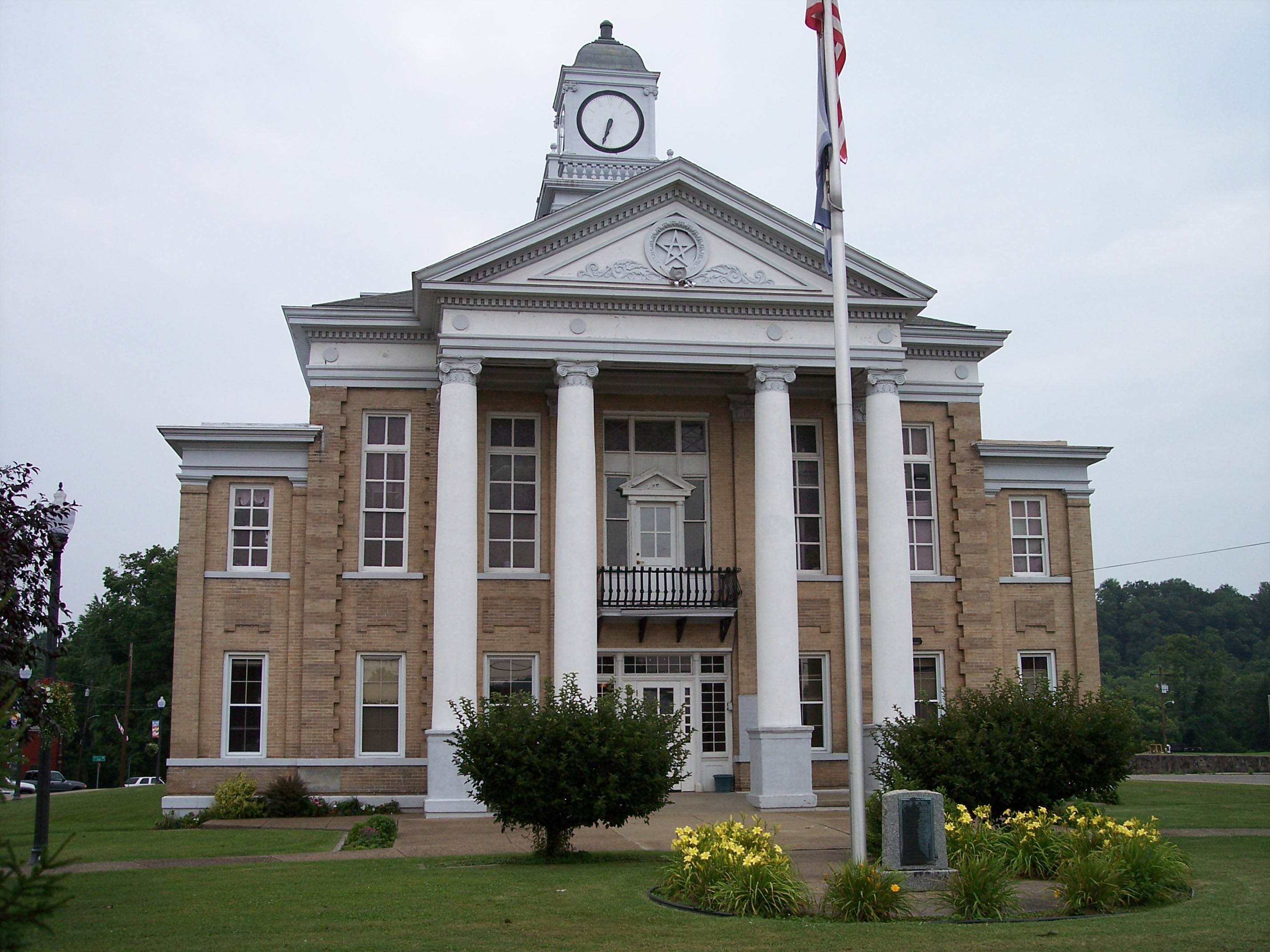While driving through the residential neighborhoods of Charlotte, North Carolina in the hot summer months, it’s not hard to find kids selling lemonade. I’ve seen three in the last three weeks. Harnessing their budding entrepreneurial skills (and perhaps at the suggestion of a parent tired of their kids watching television), setting up a lemonade stand is a relatively simple task. All you need is a pitcher, cups, water, sugar, lemons, knowledge of zoning laws, heath regulations, the fire code, federal income tax implications, and potentially a peddler’s license or a license to solicit charitable donations. In a perfect world, police and city officials would use a bit of common…
-
-
Eliminating Funding to Legal Services for Low-Income North Carolinians Will Eliminate Equal Access to Justice
“Eliminate Access to Civil Justice Funds” – that is the ominous title of a provision in the North Carolina’s House of Representatives Appropriations Committee’s proposed 2017 Budget. Not cut, eliminate. If passed, this provision would be devastating to legal services available to low-income North Carolinians who cannot otherwise hire an attorney, but are in desperate situations. Those hurt would be domestic violence victims, people on the verge of homelessness, and veterans trying to access benefits they earned with service to this country. The proposed budget provision would eliminate $1.7 million in funding for Legal Aid of North Carolina (LANC), Legal Services of the Southern Piedmont (LSSP), and Pisgah Legal…
-
Haunted House Law & the Duty to Disclose
It’s a tale as old as time: newlyweds visit an open house. They fall in love with the ancient ivied walls and quaint secret passageways, only to learn that a gruesome murder took place in the house years before and now the halls are haunted by a poltergeist that won’t leave the premises. According to the law, only some states require property owners to disclose whether they live in a “haunted house.” In other states, purchasers may discovery this after the sale when their only recourse is to hire an exorcist and hope for the best. Most states require…
-
Accelerating Estate Disputes: The Living Probate Option
North Carolina joins four other states in providing a path to ensure decedents’ assets are distributed according to their wishes upon death.[1] The North Carolina General Assembly recently enacted legislation amending statutes regarding estate administration by adding a procedure for “living probate.” This action is usually commenced by a testator – the author of a will – prior to his or her death where he or she anticipates a challenge to the will’s validity. The court can now declare a will is valid while the testator is alive, thereby preventing potentially more expensive litigation after the testator’s death, when he or she is unable to…
-
North Carolina Business Court Enforces Arbitration Agreement Prohibiting Discovery, Live Testimony, and a Full Hearing
In a January 2016 (unpublished) order, the North Carolina Business Court (NCBC) enforced a contract provision compelling arbitration and prohibiting any discovery prior to the arbitration.[1] In Taggart v. Physicians Pharmacy Alliance, Inc., James Taggart sold his business, Physicians Pharmacy Alliance, Inc. (“PPA”), in a stock purchase agreement. The agreement contains a provision mandating arbitration as to “any claim, controversy, or other matter in question based upon, arising out of, or otherwise in respect of this Agreement.” The agreement further specifies: “[i]t is the desire and intent of the Parties that such arbitration be held without any discovery,…
-
Powers of Attorney: General Considerations
While many people recognize the term “power of attorney,” most do not know how to create a valid power of attorney or choose between the various considerations. It is important to prepare safeguards to protect current and future assets long before one faces severe illness or incapacity. A power of attorney is a straightforward and relatively inexpensive document to prepare, compared to the time and expenses that may be incurred if a court is required to settle family disputes or appoint a guardian in the absence of an instructive document. Put simply, a power of attorney is a legal…




